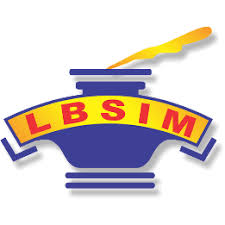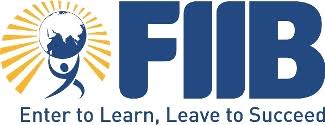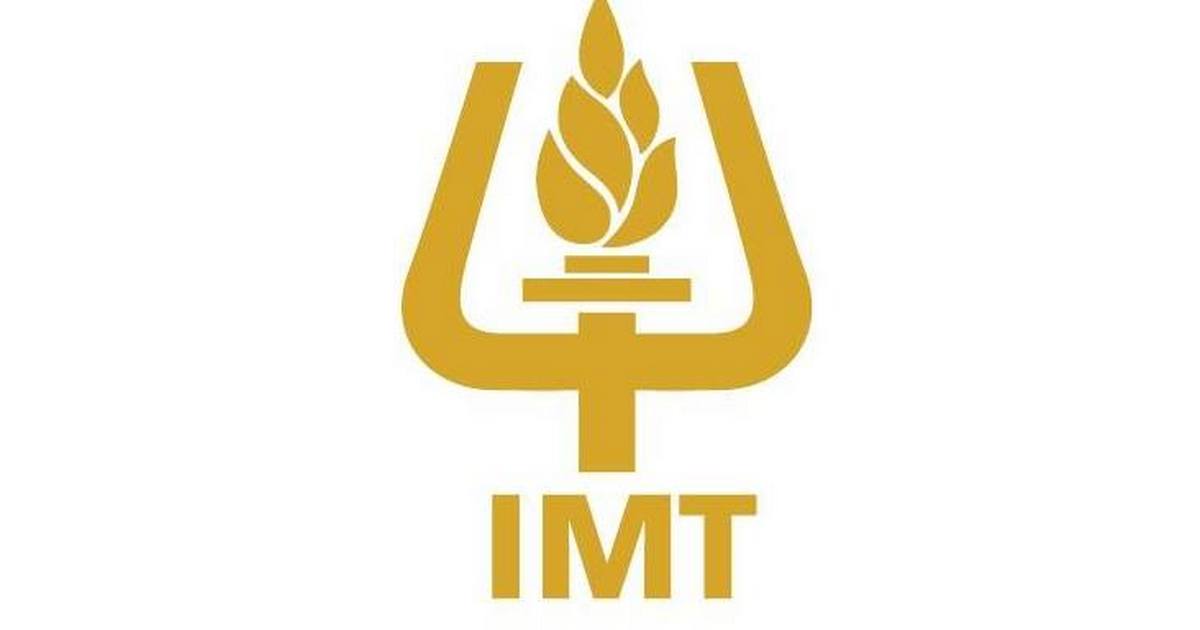Information

Management Development Institute is a business school in India. It was established in 1973 by Industrial Finance Corporation of India and is located in Gurgaon, a commercial hub near the Indian capital of New Delhi.
MDI, Gurgaon, India -a premier business school, management institute offering PGPM/PGP (MBA/PGDM) in International Management(IM), Human Resource
POST-GRADUATE PROGRAMME IN MANAGEMENT
The two year full-time Post Graduate Programme in Management (PGPM), which was launched in 1994, is the flagship programme of MDI. The Programme is designed to develop professional managers ready to work at responsible positions in a global environment.
Objectives
Post Graduate Programme in Management (PGPM) is designed to nurture students and help them build and enhance their managerial competence. The meticulously structured programme helps students:
- Understand the social, economic, political, technological and ecological environment of modern society and its characteristic values
- Become effective leaders to achieve results beyond expectations and transform organizations
- Think out of the box, so that they come out with innovative answers, create alternative solutions, and develop entrepreneurial skills
- Imbibe values of integrity, justice and fairness so that they promote and maintain high ethical standards in management
- Develop a global mindset so that as future managers they can meet the challenges from international competition
Programme Learning Goals (LGs) and Learning Objectives
LG1: Values Based Education
- LO1. Be able to identify and describe issues relating to values and ethics and their impact on stakeholders.
LG2: Global Management Perspective
- LO1. Be able to identify and describe global management issues related to policies, culture, cross border trade, competition, customer, suppliers, people management practices, global markets, etc.
- LO2. Be able to analyze impact of global management issues (as opposed to the domestic environment) and their impact on management decisions
LG3: Analytical and Integrative Thinking
- LO1. Be able to identify symptoms and key factors of a business problem. Clearly define a business problem using key facts.
- LO2. Be able to critically analyze the identified business problem using analytical techniques, models, or frameworks in order to integrate different aspects of business.
- LO2. Be able to propose potential alternative solutions, evaluate them and recommend an appropriate solution
LG4: Team Building and Communication
- LO1. Be able to identify, describe and analyze group members’ views in management context, leverage differing opinions of the group members for effective synergy and achieving the group objectives.
- LO2. Be able to identify and communicate issues/views at an individual or group level through oral/written/non-verbal modes in a management context
LG5: Functional Competency
- LO1. Be able to demonstrate functional competency in identifying and analyzing business problems and recommending appropriate solutions
The Programme envisages to develop managers with the following competencies
- Global mindset and sensitivity
- Holistic business perspective
- Capability to manage uncertainty and complexity
- Capability to lead change
- Capability to create wealth and
- Capability to manage diversity
The Curriculum Design
The PGPM curriculum design and pedagogy emphasize the development of students’ skills and abilities to apply management theories and concepts to live problems of business and industry. Students are expected to achieve high standards of excellence. The teaching methods include–lectures, case studies, seminars, assignments, live projects, group discussions, business games, outbound based experiential learning activities, educational excursions, role plays, simulation exercises, structured and unstructured group work, and field visits. The emphasis is on involving the students in learning and helping them to relate concepts and theories to business realities. The programme enables students to acquire skills to identify and deal with complex problems of management. Consistent with advances in teaching technology, the programme integrates the use of computers (IT) in the learning processes. The students undertake several field-based projects so that they can get better insights into workplace reality. The curriculum is revised on an ongoing basis through discussions with practising managers from the industry. This is done to reflect current business needs in the curriculum.
Programme Structure
Core Courses
The PGPM course curriculum is spread across six terms of about three months each. The core (compulsory) courses are covered in four terms, with the bulk covered in the first three terms. These core courses enhance the ability to communicate, analyze situations and make decisions using both quantitative and qualitative considerations, and also help them develop a holistic view of business management and the business environment. During this period, students take courses in general management and various functional areas, such as finance and accounting, marketing, operations management, information technology management, organizational behaviour and strategic management. They are also exposed to the basic disciplines of economics, behavioural sciences, managerial communication, business law, quantitative methods and decision sciences.
Summer Internship
At the end of the first three terms, the students go for a summer internship with an organization. The internship usually spans over a period of eight to ten weeks. This is a compulsory component of the curriculum and is an essential part of the academic requirements. It is designed to provide exposure to organizational working, to develop an understanding of business realities, and to learn how to apply theory to real life business situations.
Specializations
In the second year, the students may take elective/ optional courses to specialize in a maximum of two functional areas. These areas could be any of the following: Finance, Information Management, Marketing, Strategy and Operations Management. Final elective course offerings, however, would be determined by the number of students showing interest in specializing in a given area. The Institute may also consider new electives in line with the latest developments and availability of expertise to offer the same. To specialize in an area, a student must take a minimum of five elective courses (15 credits) offered by that Area. Students shall be allowed to opt for between 14 to 17 electives (42 to 51 credits). However, the CGPA would be arrived at by taking into account the best 14 electives (42 credits) from electives taken by the student.
Student Exchange Programme
The Student Exchange Programme (SEP) enhances the competencies of students by promoting a better understanding of management challenges in an interdependent, globalized environment. An exposure to global and multi-contextual circumstances is much needed by transnational companies and Indian corporate houses. SEP provides a unique opportunity for the students to enrich their academic experience and widen their career horizons.
Students with academic and/or professional interest in other parts of the world and keen to understand the global context of business can apply for the student exchange programme. Depending on the nature of the collaborative partnership, a student can study for one term in these foreign institutions in lieu of his/her study term at MDI
Details on the selection process and various opportunities will be made available to interested students when they join MDI. Selection of students for exchange programme is done by the International Relations Office through a comprehensive selection process
Evaluation
The evaluation system for the PGPM has been designed to achieve the following:
- Evaluate the progress of learning of each student
- Prescribe and promote certain acceptable and uniform standards of comprehension
- Encourage healthy and constructive competition among the students
MDI follows a system of continuous evaluation. Throughout the term, students are tested on their ability to understand concepts, learn techniques and apply them to problems in the real world. At each stage of the course, the students would be in a position to assess their performance and take measures to make improvements. In each course, a student is awarded a letter grade. The weighted average of courses taken by a student in the programme gives the Cumulative Grade Point Average (CGPA).
Scholarships
MDI Scholarships
- O.P. Jindal scholarship of INR 1,50,000 for second year students.
- At the end of the second year, MDI awards five merit scholarships of INR 10, 000/- each to the top five students.
International Scholarships
A number of international scholarships are available for the students of MDI who go on the exchange programme to MDI’s partner Universities/Business Schools. For example Sciences Po Lille, Lille, University or Maribor , NUCB Business School, Japan, etc
Recognition
On successful completion of the programme requirements, a student is awarded a Post-Graduate Diploma in Management, PGDM, which has the approval of the All India Council for Technical Education, Government of India and is recognized by the Association of Indian Universities (AIU) as equivalent to an MBA degree of an Indian University.
International Accreditation
MDI is the first Indian Business School and second only in Asia to get this programme accredited by an International body the ‘Association of MBAs’ (AMBA), UK. MDI has also been accredited by a South Asian Quality Assurance System (SAQS).
Similar Colleges

Lal Bahadur Shastri Institute of Management - LBS - Delhi

Birla Institute of Management Technology BIMTECH - Greater Noida

FIIB - Fortune Institute of International Business Delhi

IMS - Institute of Management Studies Ghaziabad

INDIAN INSTITUTE OF MANAGEMENT

INSTITUTE OF HOTEL MANAGEMENT CATERING TECHNOLOGY AND APPLIED NUTRITION

Faculty of Management Studies
2.jpg)
FORE School of Management

Institute of Management Technology Ghaziabad

ITS - Institute of technology and science Ghaziabad
